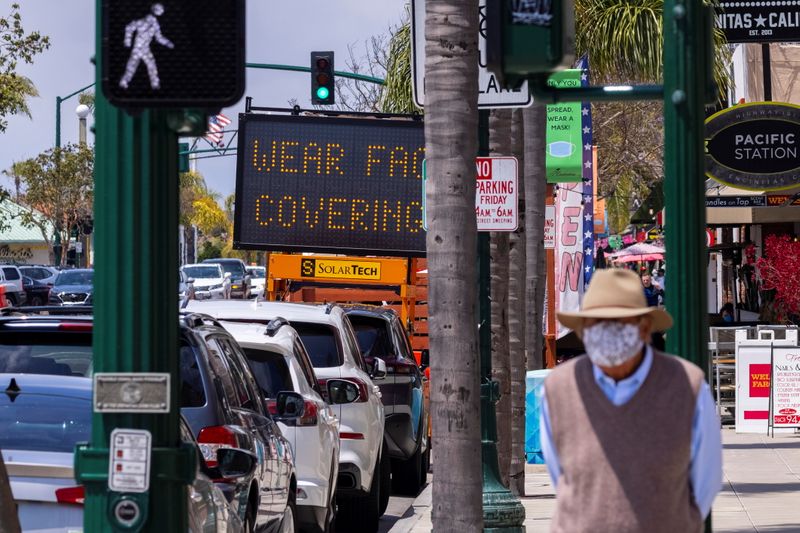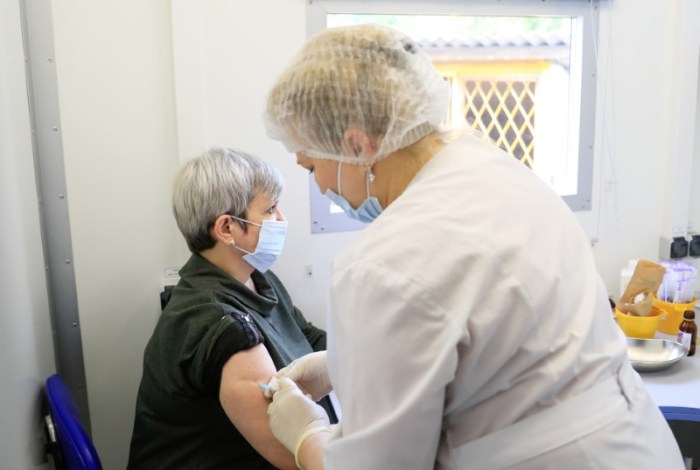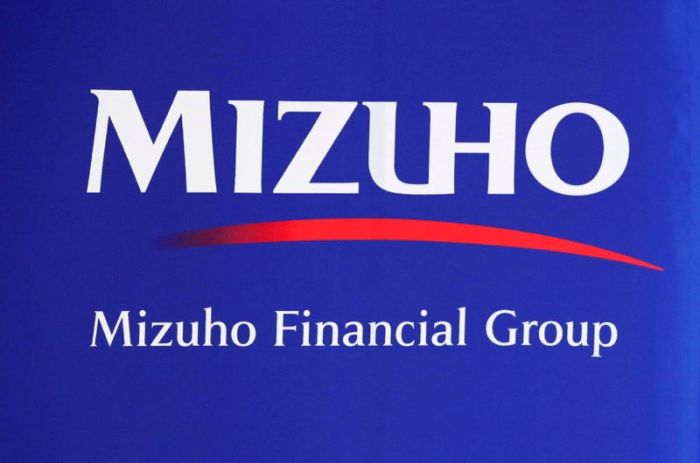OAKLAND, Calif. (Reuters) – California is opening up from COVID-19 restrictions on Tuesday, but tech companies and other offices are not changing as fast as Disneyland, gyms and stores.
Here is what is changing for California offices, and what is not.
WHAT IS GETTING EASIER?
Governor Gavin Newsom issued an executive order to reopen the state on June 15, a decision ending physical distancing, mask requirements and capacity limits for restaurants, stores and other businesses that cater to consumers.
The state health department is requiring the continued wearing of masks in a few places, such as public transit and healthcare settings. Indoor concerts and events with more than 5,000 attendees will be required to confirm proof of vaccination or negative COVID-19 results.
HOW ABOUT OFFICES?
Workplace rules are dictated by the California Occupational Safety and Health Standards Board, which has debated keeping restrictions in place longer than the governor. Under the newest proposal, which will be voted on June 17, fully vaccinated office workers will not need to wear a mask in normal circumstances. However, businesses would have to confirm a person has been vaccinated before taking off a mask in an office, and some businesses have been reluctant to ask.
WHAT IS BIG TECH DOING?
Tech companies in Silicon Valley, which were among the first to go fully remote during the pandemic, are treading carefully. Many are waiting until after the Labor Day holiday, on Sept. 7, or even until 2022, to reopen offices fully.
While some like Twitter Inc have given employees the option to never return to the office, others like Alphabet Inc’s Google and Facebook Inc are allowing some employees to go remote permanently while setting minimum requirements for in-office work by many employees.
Apple is requiring workers return to the office on Mondays, Tuesdays and Thursdays from early September.
Many companies are also giving on-site employees the option to work remotely for several weeks a year.
Collaboration-app firm Slack Technology Inc’s latest survey released on Tuesday showed 93% of about 10,000 workers surveyed said they want flexibility in when they work.
Slack executive Brian Elliott said many employees want a set time during the day to collaborate but the ability to work other hours on their own terms. The survey also showed 21% were likely to jump to a new company in the next year and over half are looking, making flexibility a more important component for attracting or retaining employees.
DO COMPANIES HAVE A CHOICE?
Businesses such as restaurants can require vaccine verification or negative COVID-19 tests. Newsom said on Monday the state later this week would be announcing more about a digital version of the vaccine card issued by the U.S. Centers for Disease Control and Prevention.
San Francisco’s first major conference in reopened California will be Dreamforce, an annual event by sales software company Salesforce.Com Inc, which drew over 171,000 registered attendees in 2019.
The conference this year, which will be both virtual and in person, is scheduled for Sept. 21-23, in cities including San Francisco, New York, Paris and London. Salesforce said those attending in person will be required to be fully vaccinated, in line with state regulations.
(Reporting by Jane Lanhee Lee; Additional reporting by Stephen Nellis and Paresh Dave; Editing by Leslie Adler and Bill Berkrot)


























